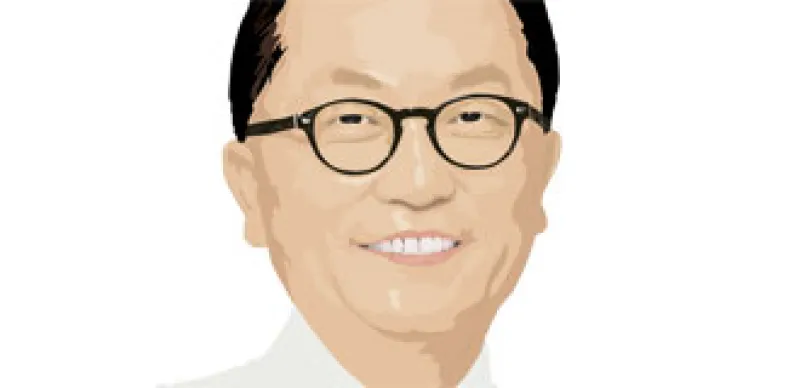
Park Hyeon-Joo Builds Mirae Asset Into a South Korean Powerhouse
Park Hyeon-Joo made Mirae Asset Financial Group the most dominant mutual fund in South Korea.
Allen T Cheng
February 5, 2010


